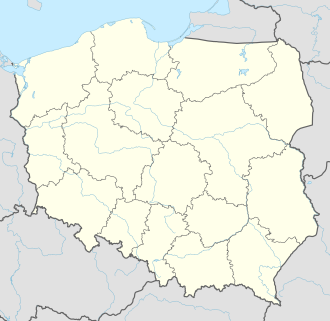Evaluation
The proposed sports concept was considered as good with most of the venues in the vicinity of Zakopane, close to the main Olympic village. [3] The IOC evaluation report praised the support by both Polish government and the Zakopane residents (in a 1997 referendum held in Zakopane 82.6% replied positively to the question of organising the Games, and 61.6% as its financial implications). Other issues rated favorably were: sufficient experience of Poland's security forces, and winter sports traditions resulted in a good legacy and post-use of the planned venues.
However, the evaluation report listed some problems that might have occurred. The construction of certain facilities, particularly the skiing venues, to be located totally or partially in the Tatra National Park, could have been a big challenge due to its special international ecological status. The most problematic issue was using Kasprowy Wierch as a downhill, super-G, and giant slalom slope. The snowmaking facilities, cable car, lift and spectator capacities were considered insufficient and access to the stadium was non-existent. The proposed men’s downhill course was not approved by International Ski Federation. There were objections among non-governmental organisations, the scientific and intellectuals community to the proposed venues placed in the Biosphere Reserve. [4]
Furthermore, the Evaluation Commission believed that there was a shortage in accommodation facilities and the general standard of accommodation had to be upgraded. The road between Kraków and Zakopane was rated as insufficient for Games-related traffic. The International Ice Hockey Federation was concerned with the logistics of holding the men’s ice hockey final in Kraków.
This page is based on this
Wikipedia article Text is available under the
CC BY-SA 4.0 license; additional terms may apply.
Images, videos and audio are available under their respective licenses.


